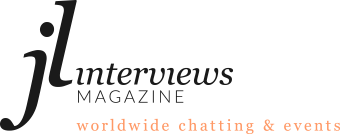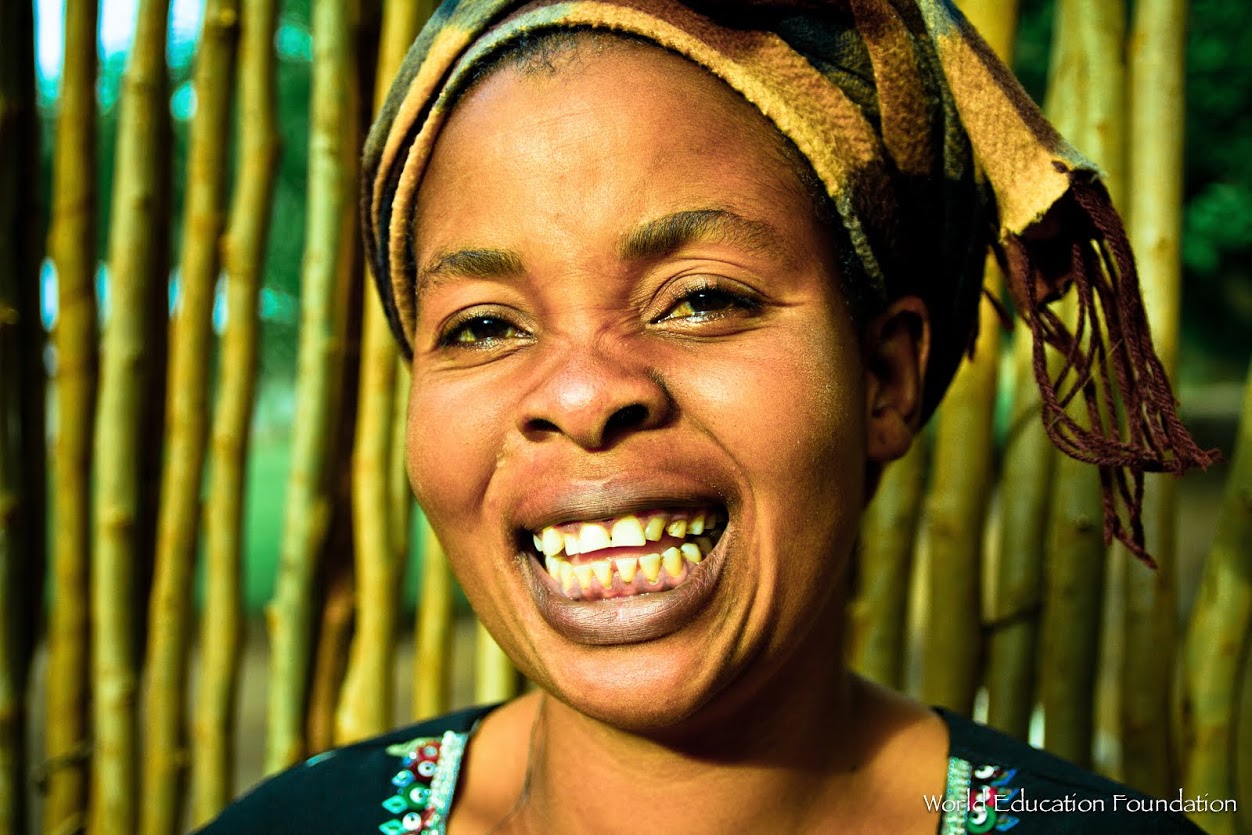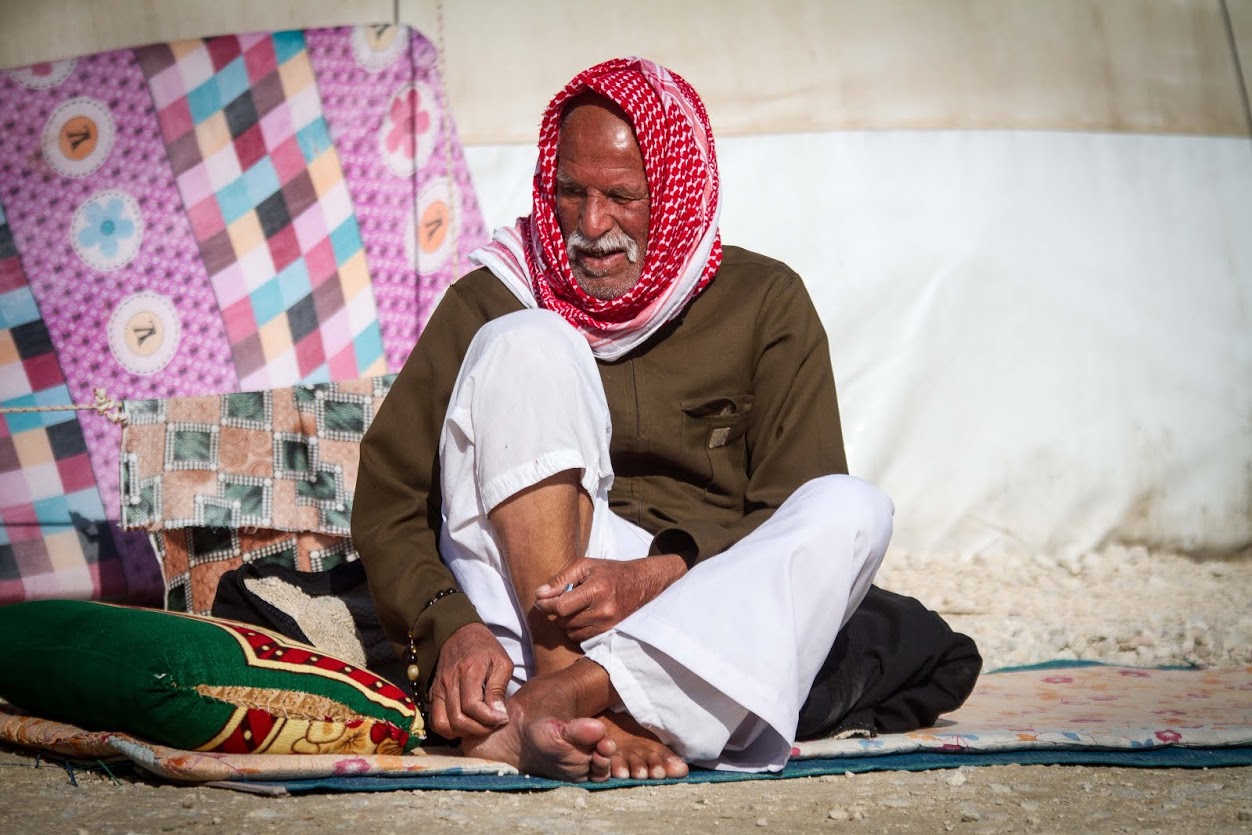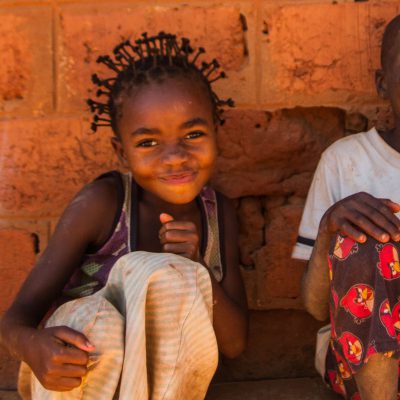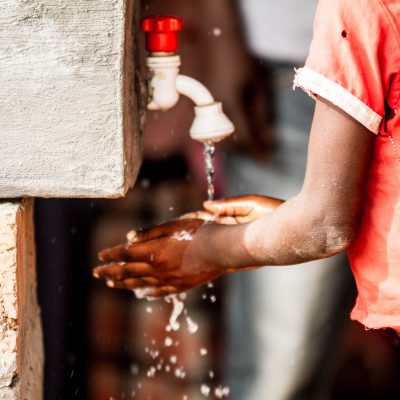THE VOICE OF WORLD EDUCATION FOUNDATION
|
|
|
It doesn’t happen quite often to talk to such an interesting, ambitious, fascinating and multi tasked person involved in social life. Marques D. Anderson was born in May 26, 1979 and is the founder and director of the World Education Foundation, currently engaged in international research and development projects. I met him online while on his way to Oslo. “I am between New York and Oslo and I travel quite frequently between the two. I’ll be in the DR Congo from May 3rd to May 22nd and then travel back to Norway for another three weeks. I will then head to Iraq on June 14th to July 15th. I will briefly be back to Norway before eventually travelling back to New York”, He explains.
An American activist and global citizen, Marques has through out his life honed his skills to becoming a master cultivator of connections, innovations and discoveries, which create new avenues of thought, technology and learning. He graduated with a Bachelor of Arts in American Literature and Culture from the University of California, Los Angeles (UCLA), and began his professional career working in the National Football League (NFL) as an American football safety. But it wasn’t going to be long before He decided to leave his NFL career to move into a completely different direction.
He began a new journey focused on contributing to the disciplines, which highlight sustainability in human, social, environmental and economic frameworks. In 2012, Marques earned his Master of Arts and Social Sciences with a major in Adult Learning and Global Change from Linköpings Universitet in Sweden. In 2011 and 2012 He became the Athletic Director and Head Coach for the Norwegian American Football organization Oslo Vikings. The Vikings went on to win national championships in both years and national titles at every level in the Norwegian series from U-14 to Seniors. But why was He convinced that football wasn’t for him and instead chose to become an activist to…maybe He wanted the world to be a better place? The following is an excerpt of our conversation.
“My goal in life is to make as many people smile in this world as possible.My heart is with the young and the wise, the rich and the poor, the creators and architects of the new world WE are building”.
World Education Foundation is currently involved with 6 projects: improving Malaria Treatment Production and Access in the DR Congo, alleviating Poverty Through an Integrated Bio-Diesel program in DR Congo, youth Empowerment Program (Algeria, Morocco and Tunisia) Conflict Resolution, alternative Fuel project in Haiti and SOLVE (Solution Vortex Environment) solution incubator in refugee camps of Northern Iraq.
Photographies are the property of World Education Foundation
Not everybody can or wants to change the world. You decided to try. Why?
I really did not go into what I do to specifically change the world. I wanted to change myself first and then through that transformation, live the way I would like to see the world. I was more curious than anything else…!! As this curiosity led me forward I found out, of course the world can actually be changed, but it would take a collaboration of communities all around the world to realize this idea! Hence the World Education Foundation was created. I feel as the human element evolves we begin to understand the connectivity of our global community as well as our connection to the physical spaces in which we live. Once we have this knowledge and there is a solution to live harmoniously, it becomes our responsibility to support that and develop the equilibrium, which fosters our ability to thrive and live in the balance of chaos and order. As I began to learn more about the possibilities to make the world a better place, through deep understanding and practical solutions, I became a servant leader. Gaining trust, from being humble and concerned, people in local and global communities told me their stories; not just in marginalized regions in the Global South and the Middle East, but in households throughout Europe and North America. Listening to these stories, there was a common thread, which resonated through them all. People wanted four basic things, to live a healthy life, the capacity to learn, maintain the ability to be safe and ultimately have the opportunity to provide for themselves and their families. In every community people share the same emotions, feelings and concerns, no matter if you are in a refugee camp or in the tallest skyscraper. My practice has been to listen and move to facilitate solutions which bridge the gap between knowledge which is tangible in the world and ways of implementation which create a better human experience for all.
Who is your mentor that revolutionized your way of thinking?
I have had a few mentors up to this point; two of the most important are my Mother and Father. As I changed directions from the NFL to creating the World Education Foundation, Dirk van Berkel opened up many doors and really understood my vision. Dirk is an aviation expert from the Netherlands who I met while playing for the Denver Broncos in 2005. Dirk walked up to me one evening in the dining area of a hotel and asked if I would like to join him and his friends for dinner. We had the best meal ever. Between him and his friends, they had been to over 147 countries and they would tell me about all of the wonderful places they had been with details of their adventures around the world. Picking up planes, parts and passengers, they made real the places I always dreamed about visiting. With this new relationship, I was invited to visit the project he was working on in the Centennial private airport in Denver. He was retrofitting a large Fokker50 passenger aircraft into a large 4G cargo net plane. I came to the hangar as much as possible while they were performing stress tests and design modifications. Over the next few months we became very close and was one of the catalyzing reasons I felt comfortable moving in a different direction from the NFL. A year after my retirement, I took off to Europe for 10 months and during that time, Dirk introduced me to professors, business owners, practitioners and researchers from all over Europe, working in renewable energies, new technologies and sustainable development fields. I am forever grateful for his guidance and his belief in my direction.
What are the aims and the biggest successes of the World Education Foundation?
The aim for the World Education Foundation is to bridge the gap between academic knowledge and implementation to help solve local and global problems. Through sharing of knowledge and harnessing proven and modern technologies WEF works to develop the future systems, networks, cities and communities of the world. One of our biggest successes was the first project undertaken by the WE Foundation. Serendipitously a conversation was sparked in a shared cab in Argentina with a Swiss OBGYN, were we discussed global health issues and my interest in getting involved in that sector. It was the first year the WE Foundation had been established and I personally believed We must have a healthy population before you can educate, so WEF started there. One of the fellows contacted a gentleman who was working on a food production program in the DR Congo, were we opened up to a dialogue concerning one of the most pressing problems, Malaria. After speaking with him and a few local Congolese entrepreneurs I gained an insight and background knowledge on the current problem. Taking the information back to my Alma Mater UCLA, I worked with a few students out of the School of Public Affairs and Falling Whistles (an organization advocating for Peace in the DR congo) to come up with a program, which created a market for rural farmers in the DRC to transport quinine bark into the main city of Bukavu, where it is processed into Malaria treatments. At the time, this was the most cost effective solution, which generated job opportunities and an output that saved lives. This ultimately set the model for projects moving forward. Providing solutions for real problems, while creating new market opportunities and improved livelihoods.
How many are you? Presently in which initiatives are you involved?
WEF is a global community of multidisciplinary talents positioned in different sectors and regions all over the world. WEF does not believe in reinventing the wheel, so if there is a solution that a specific organization has been working on, or has solved we will partner with them to create the best program and outcome opportunities. WEF currently has working agreements with NYU’s Center for Global Affairs, MIT Media Labs, MIT’s D-Lab and a few senior advisors at the UN. We are currently creating the WE Foundation in Oslo, Norway where we have 7 dedicated experts working across different practices, with networks to many organizations, locally and globally. We are currently involved with 6 projects: 1. Improving Malaria Treatment Production and Access in the DR Congo, 2. Alleviating Poverty Through an Integrated Bio-Diesel program in DR Congo, 3. Youth Empowerment Program (Algeria, Morocco and Tunisia) Conflict Resolution, 4. Alternative Fuel project in Haiti, 5. Alternative Livelihood project in Kolwezi, DR Congo, 6. WE: SOLVE (Solution Vortex Environment) solution incubator in refugee camps of Northern Iraq and Myanmar.
How was your childhood? Would you modify something in your past?
My childhood was full of exploration, adventure, activity and curiosity. I wanted to know how everything worked, but more importantly why things worked the way they did. In my youth my parents gave my sisters and I the opportunity to travel a lot around the United States, doing sports and had a wonderful time seeing different aspects and perspectives of culture, spaces and people. I think during this time, it planted the seed to want to see more. Growing up, my older sister Andrea Bolder was and still is my best friend and inspiration. Seeing how hard she worked in school, sports and everything she was involved in, allowed me to witness first hand what it took to be successful. My sister was so focused that I had to make a decision to push myself to make sure I got noticed in the family. Through her hard work she ended up winning a gold medal in the 2000 Olympics in the Track and Field 4X400 relay. Having her as a role model provided me with the blueprint on how to set goals, execute an action plan, and be humble when good things happen. My parents were always supportive with my growth, even though my mischievous behavior probably drove them crazy at times. They always created a safe place to question my environment and experiment with new ways of thinking about certain situations. I loved to learn by doing and was able to get interactive with the knowledge that I acquired. Sometimes things would break, but that was the process that allowed me to learn and gain wisdom. I would not change anything in my past. I appreciate all of the experiences, good and challenging. Everything that I’m not made me everything I am.
You have been an active American football player for many years and you became the coach of the Oslo Vikings. Which role did sport play in your life?
Football taught me many lessons when it came to discipline, hard work, focus, processes of learning and pushing myself past barriers to maximize my potential. Playing football allowed me to channel my energy to compete at a high level on the field and in the classroom, but always allowed me to grow, which I really loved. It allowed me to explore my limits and work in the dynamic of a team to accomplish common goals. Sports created a platform for me to express myself and earn a scholarship to UCLA, where I earned my degree and opportunity to showcase my skills to be drafted into the NFL. I still love to transfer my knowledge of American Football to youth in Norway, through coaching the Norwegian National Team. Seeing young men learn about the game and really give their time to growing is truly inspiring. Along with coaching in Norway parts of the year, WE has also transferred sports into connecting with youth and adults in global communities around the world. Through putting on American Football clinics, WE has the opportunity to engage youth to learn a new sport, work hard to be good and gain trust within the community. Here is an article on some of the sports work WE has done across borders (http://www.oslovikings.com/?p=article&id=45)
How did it happen that you came to work in Norway? How do you find Europe?
The first time I was in Norway was in 2007, while I was traveling around Europe. I found Europe to be fascinating as it gave me another perspective of how the ideas and culture of Europe shaped the United States. It was also great to see so many different cultures and languages living right next to each other, with the architecture and the foods and the music influencing different regions. While I was traveling, I took the train for a good portion of the time I was there and it was a great feeling to fall asleep in one country and wake up in an entirely different country. I began spending more time in Norway in 2009, the year my son was born and as I was moving to live there permanently, I sent my resume around and got hired by the Oslo Vikings to be their U-19 Head Coach. It was perfect as I could still work on my masters at the time in Adult Learning and Global Change, as well as transfer my knowledge to inspired youth who loved the game of American Football. I loved the country of Norway and the people within. I really enjoy being able to go into nature quickly from the city and the spring and summer are extremely wonderful, especially the midnight sun. One day I will journey from Pysen in Mandal Norway, to Rossøya on Svalbard, Norway to get a real look at the beauty the country holds.
You are in a continuous journey over all continents. Where did you leave your heart?
My heart is with the people I have encountered on my journey so far. I’ve had the opportunity to see some of the most beautiful places on this planet, and during this time speak to some of the most brilliant people, with magnificent stories of resilience, hope and yearning for a better future. The human element is so authentic when you adventure to a new place, where you are vulnerable. In this space I have learned so much about other people, but most importantly I have learned so much about myself and am inspired to give of myself to being the best servant leader possible. There have been so many places that resonate with me on my journey so far, and my goal in life is to make as many people smile in this world as possible. My heart is with the young and the wise, the rich and the poor, the creators and architects of the new world WEF are building.
Short bio
Marques D. Anderson (born May 26, 1979) is the founder and director of the World Education Foundation, currently engaging in international research and development projects. Graduated from UCLA with a Bachelor of Arts in American Literature and Culture, former American football player working in the National Football League and being drafted by the Green Bay Packers in the third round of the 2002 NFL Draft and playing until 2006 for the Oakland Raiders, Denver Broncos, and San Francisco 49ers. In 2012, Marques earned his Master of Arts and Social Sciences with a major in Adult Learning and Global Change from Linköpings Universitet in Sweden. Presently he is a father and Athletic Director and Head Coach for the Norwegian American Football organization Oslo Vikings. His life goes between New York, Norway and emerging countries like Iraq or Congo.
WATCH THE VIDEO HERE:
THE LAST TV INTERVIEW WITH ANDERSON BY BILL MILLER FOR GLOBAL CONNECTIONS TV, 2015
